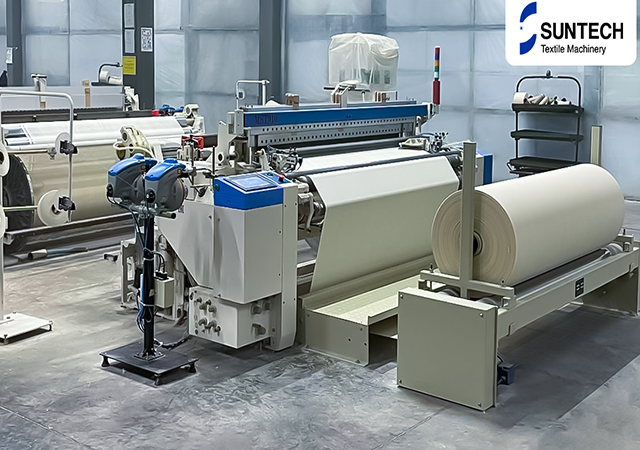The future of apparel manufacturing in the United States is on the brink of a transformative era, driven by the dual forces of reshoring, nearshoring, and groundbreaking technological innovations. The industry's pivot towards bringing manufacturing operations closer to home or within neighboring regions underscores a strategic shift towards enhancing efficiency, sustainability, and market responsiveness. This strategic realignment, coupled with the embrace of cutting-edge technologies, is setting the stage for a renaissance in American apparel manufacturing.
Strategic Shifts: Reshoring and Nearshoring
The momentum towards reshoring and nearshoring in the apparel sector reflects a broader intention to mitigate the challenges posed by overseas manufacturing. Rising labor costs in traditional offshore hubs, combined with the logistical complexities of global supply chains, have prompted U.S. apparel manufacturers to reconsider their geographic footprints. By relocating manufacturing operations to the United States or nearby countries, these entities aim to achieve greater control over production processes, reduce lead times, and enhance their ability to respond swiftly to market demands.
Moreover, this shift aligns perfectly with the growing consumer demand for transparency, sustainability, and ethical production. Apparel companies are increasingly motivated to reduce their environmental impact and assure customers of the integrity of their manufacturing processes. The proximity afforded by reshoring and nearshoring not only facilitates this but also supports local economies, creating a win-win scenario for manufacturers, consumers, and communities alike.
Technological Revolution: Innovating for the Future
The apparel industry in the United States is at the forefront of integrating technological advancements that promise to redefine manufacturing paradigms. From automation and robotics to 3D printing and artificial intelligence, the embrace of these technologies is facilitating unprecedented levels of productivity, customization, and sustainability.
Automation and robotics, for instance, are revolutionizing the production floor, enabling high precision and efficiency in tasks that were once labor-intensive. Meanwhile, 3D printing is opening new avenues for customization and on-demand manufacturing, reducing waste and streamlining the supply chain. Similarly, artificial intelligence and data analytics are providing deep insights into market trends and consumer preferences, allowing manufacturers to optimize their operations and product offerings dynamically.

Workforce Evolution: Skilling for the Future
As the industry evolves, so too does the need for a skilled workforce that can navigate the complexities of modern apparel manufacturing. Collaborative efforts between manufacturers and educational institutions are crucial in developing a talent pipeline that is proficient in the latest technologies and methodologies. Training programs and apprenticeships are vital in equipping workers with the skills necessary for a career in an increasingly tech-driven environment, ensuring the industry's growth is supported by a knowledgeable and innovative workforce.
Sustainable Practices: A Core Focus
Sustainability is no longer a choice but a necessity in the apparel manufacturing landscape. Consumers demand responsible fashion, driving manufacturers to explore eco-friendly materials, reduce waste, and adopt energy-efficient processes. This commitment to sustainability is not just about meeting market demand but also about future-proofing the industry against the growing challenges of climate change and resource scarcity.
Navigating Global Challenges
Despite the optimistic outlook, U.S. apparel manufacturers must navigate a complex global landscape marked by competitive pressures and market volatility. The key to thriving in this environment lies in leveraging the unique advantages of domestic manufacturing—such as quality, agility, and sustainability—while remaining adaptable to the shifting dynamics of global trade and consumer behavior.
Looking Ahead: A Bright Horizon
The future of apparel manufacturing in America is bright, marked by innovation, sustainability, and a renewed focus on domestic production. As manufacturers continue to navigate the challenges and opportunities of this evolving landscape, the industry is poised for a resurgence that will redefine American apparel on the global stage. With strategic investments in technology, workforce development, and sustainable practices, American apparel manufacturers are set to lead the way in the next chapter of the global fashion industry.
SUNTECH Textile Machinery has the range of products encompasses almost all fabric types, including but not limited to motorized beam trolley, beam storage, and AI automatic fabric inspection machine. SUNTECH Textile Machinery continues to lead the textile industry with our innovative approach and extensive experience. Welcome quotes and cooperation opportunities from you!




